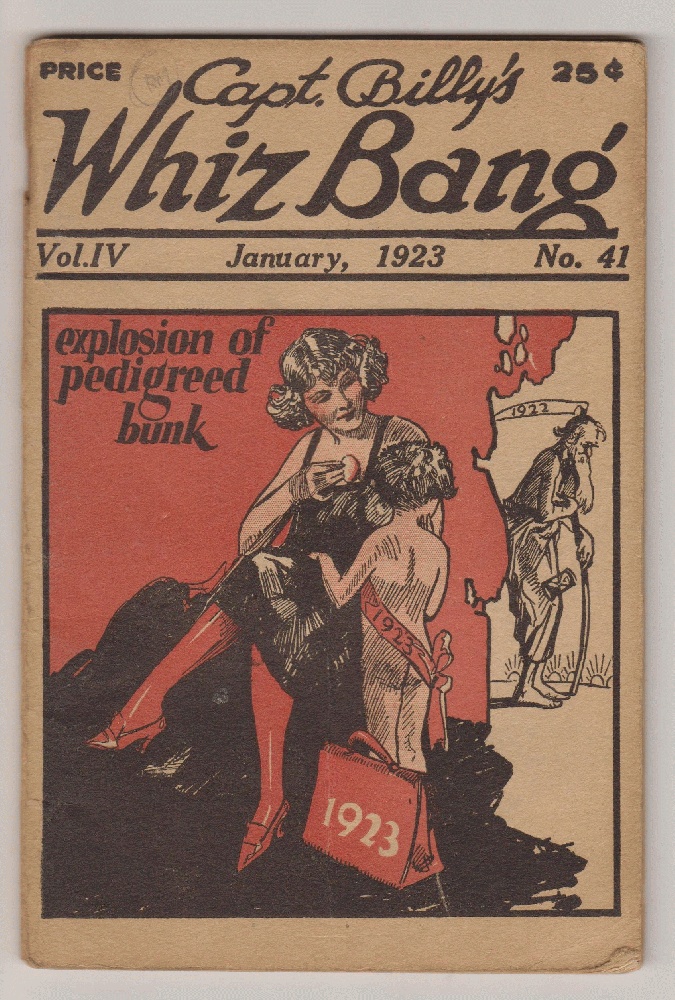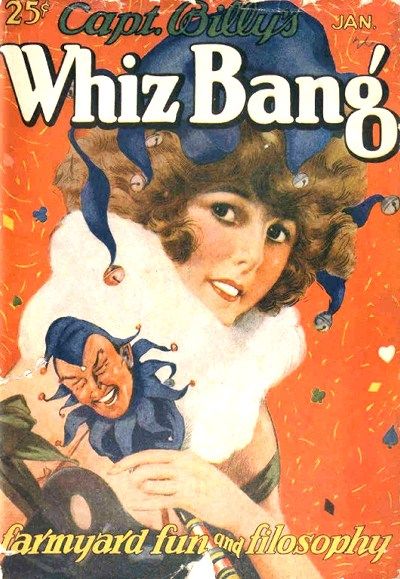

In 1906 he returned to Italy and formed another band, which he brought back to the US. Giuseppe Creatore, born in Naples, Italy 21 June 1871, came to the US in 1900 and toured from coast to coast and in Canada. His marches include: "Semper Fidelis," "The Washington Post," "El Capitan," and "Stars and Stripes Forever." Sousa died in 1932. After being discharged from the Marine Corps he formed his own band and gave concerts worldwide.

Sousa was both a band leader and a composer. John Philip Sousa, or "March King" as he was known throughout the world, was born in Washington, D.C. In the 1920s, Handy moved to New York City and became a successful music publisher.

Blues", established gritty, soulful standards for this heartfelt musical genre. With the publication of "Memphis Blues" in 1912, Handy standardized a unique, original form of American music that became known as "the blues". Handy, a piano and trumpet player, left Florence and embarked on a musical odyssey that carried him to St. William Christopher Handy is considered the "Father of the Blues." He was born in a log cabin in Florence, Alabama, on 16 November 1873. It was Patrick Gilmore and his band who started the tradition of greeting the New Year in Times Square. He wrote "When Johnny Comes Marching Home" and "22 nd Regiment March". This is the same as used in modern concert bands. In 1857 he founded Gilmore's Band which featured two woodwinds for each brass instrument. He immigrated to Boston in 1849 where he became famous as a cornet soloist and bandleader. Patrick Sarsfield Gilmore was regarded by John Philip Sousa as the "Father of The American Band." Gilmore was born in 1829 on Christmas Day in County Galway, Ireland. The product would be manufactured in a distinctive octagonal shape and sold in a waterproof wax paper-lined box. After considering and rejecting a variety of names, Green settled on the name Uneeda Biscuit ("biscuit," Green decided, was more elegant than "cracker"). Ayer advertising agency to help develop the new product. But Adolphus Green, who had created the National Biscuit Company through the acquisition of many small bakeries, decided to develop a distinctive, nationally branded product that would take advantage of the manufacturing and marketing strengths of his new company.
DRAGON BALL Z KAI THE FINAL CHAPTERS EPISODE 24 ENGLISH DUBBED CRACKER
Up to the 1880s, crackers were unbranded and typically sold loose in cracker barrels. Harold Hill's line in The Music Man is an anachronism. Note: If Captain Billy's Whiz Bang did not appear until after World War I, then Prof. Fawcett eventually turned to paperbacks producing the famous Fawcett Gold Medal line. Fawcett eventually built a successful magazine line with True, Cavalier, True Confessions, and Mechanix Illustrated. Once considered risqué, it is now considered a mirror of contemporary society in the Roaring Twenties. Captain Billy's Whiz Bang is considered the great grandfather of the National Lampoon and other humor magazines. A wholesaler picked up the publication and started selling it in hotels and drugstores. "Captain Billy" Fawcett began printing a small bulletin of barracks humor for disabled servicemen in a veterans' hospital. We also refer the curious reader to Excursus #22 of The Toad's Words.Īfter serving in World War I, Wilford H. To this end, I have written a short glossary. I believe that the performers and the audience always get a lot more out of a show if they understand the meaning behind the dialog and have a better feeling for the historical perspective of the show. However, there are a few terms and expressions used in the show that cause most of us to run to dictionaries and encyclopedias. One reason Meredith Willson's great American musical The Music Man is appealing is because of the fast paced and witty dialog. Glossary of Names and Terms Used in Meredith Willson's The Music Man "Why, it's the Uneeda Biscuit made the trouble." - Meredith Willson - The Music Man


 0 kommentar(er)
0 kommentar(er)
